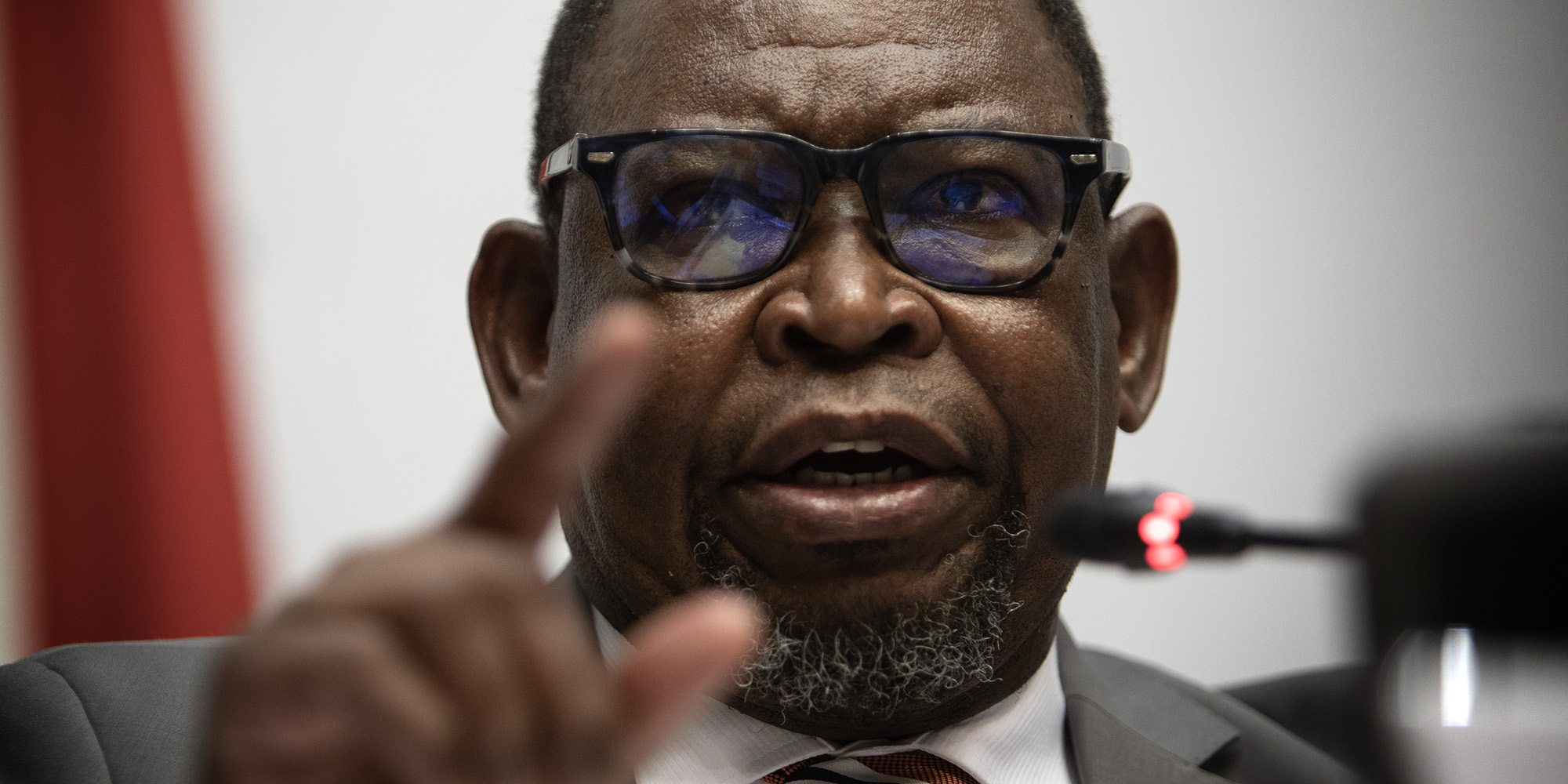Proposed changes to procurement regulations will still carry strict Broad-Based Black Economic Empowerment (BBBEE) and transformation requirements, and shift the responsibility of procuring goods and services squarely to state organs, including government departments and state-owned enterprises.
But the proposed amendments have not completely strengthened regulations to prevent them from being abused and circumvented so that an orgy of corruption (as witnessed during the State Capture era and in the early days of the Covid pandemic) doesn’t happen again.
The National Treasury, which recently proposed amendments to procurement regulations, has admitted that it will still be difficult for the state’s large and complex procurement system to be secured against corruption or unlawful tenders being dished out.
“Those people who embark on corruption do so in secret and find loopholes in procurement rules … We will have to keep our eyes on the ball [even with the proposed procurement rule changes],” Enoch Godongwana said in a briefing with journalists on Tuesday.
Procurement is a large function in the state, which usually has an annual budget of at least R1-trillion for the purchase of things such as stationery, toilet paper, building materials and many others.
The state’s procurement budget is also an important vehicle through which black-owned and managed businesses get a leg-up in winning government tenders in the interest of economic transformation. With the economy being weak, opportunities for black-owned businesses have become few and far between.
Vehicle for a cadres’ feast
Though well-intentioned, procurement-related regulations or laws such as the Preferential Procurement Policy Framework Act, the Public Finance Management Act and the Municipal Finance Management Act have been circumvented to facilitate large-scale plundering in recent years.
South Africa’s procurement system is decentralised, with more than 1,000 procuring entities, including national departments and municipalities. The central supplier database has about 1.7 million registered companies. Of these, about 1.2 million are properly vetted and about 200,000 do business with the government.
The procurement system is archaic and heavily paper-based, with limited use of technology.
A report by the State Capture Commission found five major problems in the government’s procurement system that led to widespread corruption. These include extensive political interference; major deficits in the capacity of public procurement functions at regulatory and operational levels; a complicated, fragmented and often inconsistent regulatory regime; stark tradeoffs between the procedural integrity necessary for fairness and to protect public funds, and the flexibility associated with the operational substance of purchasing; and a mismatch between the formalistic approach to regulation and the government’s commitment to using public procurement to achieve social and developmental objectives.
Acting Director-General of the National Treasury Ismail Momoniat said plans are under way to modernise the procurement system, which will enable suppliers to be vetted fast and the procurement spend to be tracked in real-time, as part of efforts to professionalise the public sector.
Momoniat said the Treasury has been in talks with institutions including the World Bank and International Monetary Fund, which have been advising the government on how to modernise its procurement systems.
Visit Daily Maverick's home page for more news, analysis and investigations
Changes in procurement rules
The Treasury has proposed amendments to the Preferential Procurement Policy Framework Act because of a recent Constitutional Court ruling. The apex court found that the Finance Minister and the Treasury had exceeded their powers by prescribing procurement rules and requirements to state organs, including government departments and state-owned enterprises.
This meant that state organs would be required to determine their preferential procurement policies, but still comply with broader BBBEE and localisation requirements.
The court ruling also meant that the prevailing 2017 regulations under the Preferential Procurement Policy Framework Act were in contravention of Section 217 of the Constitution. This section requires that state organs should not be prevented from making policies to provide for “categories of preference in the allocation of contracts, or the protection of advancement of person, or categories of persons, disadvantaged unfair discrimination”.
Godongwana and the Treasury have tabled new procurement measures under the act, which seek to overhaul current procurement requirements.
To do this, they want Parliament to pass a new Public Procurement Bill which is set to come into effect from 16 January 2023. But Momoniat understands that amendments to laws take a long time and he doesn’t expect the bill to be passed next year. The best-case scenario, he said, is that the law changes might take effect from 2024.
In the interim, the Treasury is pressing ahead with new procurement regulations that will be a “placeholder or stopgap measure” while the new Public Procurement Bill is being finalised, said Godongwana.
State organs will be empowered to determine and create their own BBBEE and developmental goals in tenders, instead of simply following the government’s broad framework.
State organs will still be required to follow BBBEE and development as stipulated in the 2017 procurement regulations, especially the points system when assessing tender bids. For example, in cases of tender rand values equal to or above R30,000 and up to R50-million, the 80/20 preference system would still apply.
This means that 80% of the points scored for the tender will be awarded for the bidding price, which will be calculated according to a specific formula, while 20% of the points will be awarded based on the bidder’s BBBEE level of compliance.
A bidder who is not BBBEE compliant will not be excluded from the tender process. However, they will only be able to score points on pricing.
The tender will be awarded to the bidder who received the highest score, although there are exceptions to the rule. The 90/10 point system will come into play for the acquisition of goods or services with a rand value higher than R50-million. DM/BM





